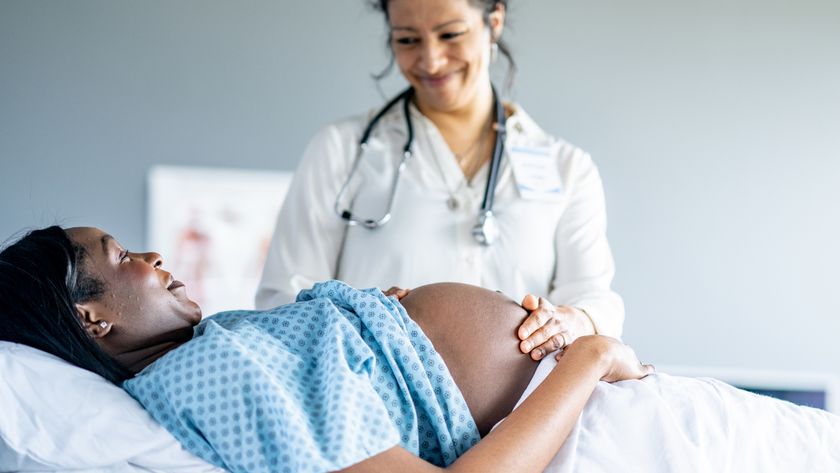The Pill Aids in Planned Pregnancies

The same pill that prevents pregnancies could actually help some women undergoing IVF conceive, a new study suggests. More than 15 percent of American couples have difficulty conceiving a child, according to the American Fertility Association. Two types of therapy are currently available for treating infertility — natural methods and assisted reproductive techniques such as in vitro fertilization (IVF). But IVF can be disruptive to a woman's daily life because of the need to time the treatment properly, potentially resulting in cancelled vacations and sick days taken from work. "One of the main drawbacks in treating infertility is timing a woman's body with the clinic's schedule, so we can get as many mature eggs as possible," said study team member Dr. Haim Pinkas, a senior physician at the Rabin Medical Center in Israel. Normally doctors start the IVF treatment from the moment a woman gets her period, but the use of low-dose birth control pills in a two-week intervention period can allow the timing of the treatment to be adjusted, without compromising egg-harvesting, the research shows. The study, detailed in the January issue of the Journal of Assisted Reproduction & Genetics, isn't the first to investigate the use of the pill in IVF, but it is the largest effort so far, with 1,800 women at the Rabin Medical Center's Infertility and IVF Unit participating.
- The Sex Quiz: Myths, Taboos, Bizarre Facts
- Parents Pick Sex of Child in New Clinical Trial
- Why Women Have Fewer Babies
Sign up for the Live Science daily newsletter now
Get the world’s most fascinating discoveries delivered straight to your inbox.

'Love hormone' oxytocin can pause pregnancy, animal study finds

'Mini placentas' in a dish reveal key gene for pregnancy










